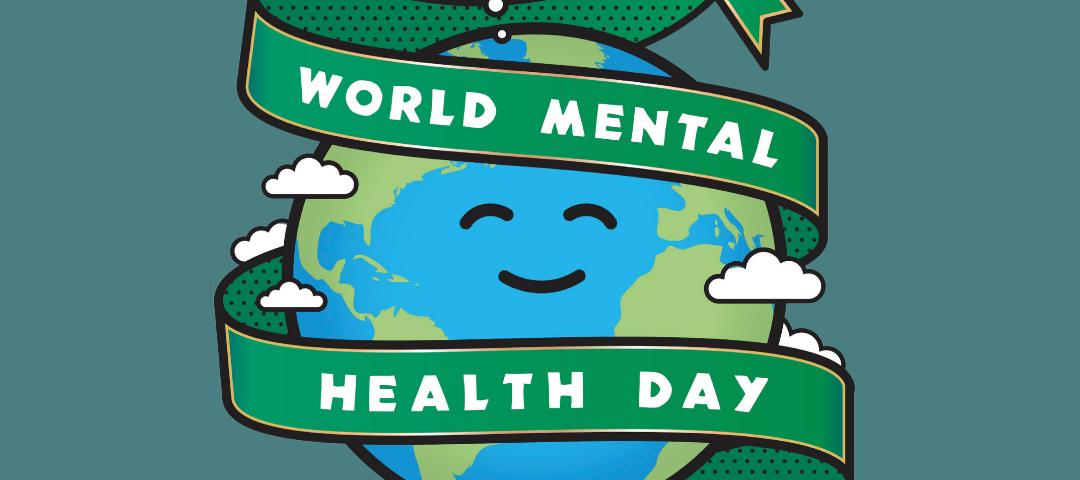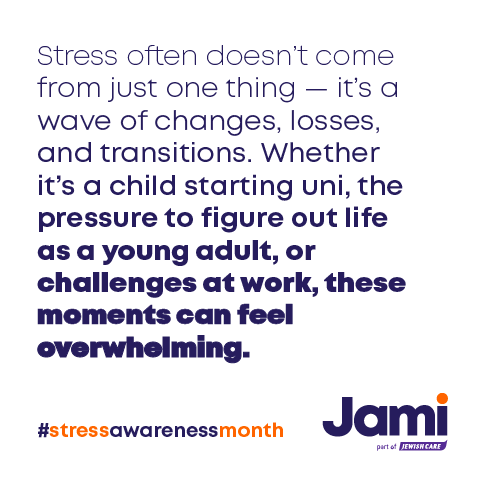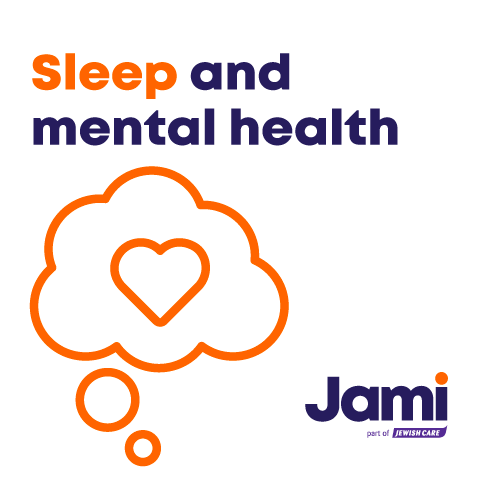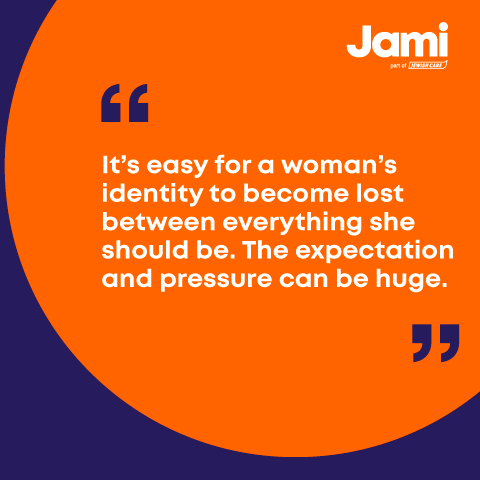
‘Mental health is a universal human right’ is the theme of this year’s World Mental Health Day, which is celebrated every year on 10th October.
But you may be wondering, what does this mean? Is it saying that anyone with mental illness deserves the same rights as everyone else? Does it suggest that some sectors of society are denied the right to enjoy good mental health because of barriers such as poverty, racism, and isolation? Or is it about people with mental illness and distress not being able to access quality mental health care?
It is fair to say that any of these interpretations would be correct.
Every person’s mind is wonderful, complex and different. But our rights are the same. Having a mental health condition should never be a reason to deprive a person of their human rights or to exclude them from decisions about their own health. Yet, all over the world, people with mental health conditions continue to experience a wide range of human rights violations. Many are excluded from community life and discriminated against, while many more cannot access the mental health care they need or can only access care that violates their human rights.
Jami’s advocacy service supports and empowers people and their carers/family in the community, who were previously unheard, to have a voice. Individuals are enabled to make informed decisions about issues that matter to them and are informed of their rights. They are also empowered to exercise these rights and to develop self-advocacy skills to use and practise independently for their future.
Emma Gibbs, head of advice, access and advocacy at Jami, says:
“I have heard repeatedly from our clients that, for the first time, they feel heard, seen and valued; have a new sense of hope of change for their future; and feel empowered to be the decision maker around matters that are central to their lives.”
If Jami feels there are other organisations that can better meet an individual’s needs, we will advise and signpost other services to help them get the support they require. By knowing our mental health rights, we can stand up for what’s right – for ourselves and for others.
When it comes to experiencing good mental health, there are at least two things that can stand in the way – barriers that can put someone at greater risk of mental illness and distress, and the availability of quality mental health services.
People in poverty can face constant, high levels of stress, for example due to struggling to make ends meet, overcrowded or unsafe housing, fear of crime, and comparatively poor physical health. Meanwhile, racism can impact a person’s mental health if they are made to feel they don’t belong, are treated unfairly or encounter abuse. And for those who are isolated, the risk of mental health problems is increased because loneliness makes it harder to connect, which leads to people being afraid of social situations, meaning it is harder to find joy in life and escape negative thoughts.
However, everyone, whoever and wherever they are, has a right to the highest attainable standard of mental health. This includes the right to be protected from mental health risks and the right to available, accessible, acceptable and good-quality care. Nevertheless, the inequality of resources faced by mental health systems worldwide – from funding to research and provision of services – means that there is both a lack of available services and a lack of affordable healthcare options for many. Additionally, within services, treatment options, such as medications and therapies, may be limited, archaic or costly.
Stigma and discrimination around mental health and illness can also play a role in preventing some people from accessing services, even when they are available. And when services are not truly inclusive, this can prevent people accessing support for fear of lack of understanding or even further discrimination.
World Mental Health Day 2023 is an opportunity for people and communities to unite behind the theme ‘Mental health is a universal human right’. In doing so, we must also work to ensure that everyone has the right to access quality treatment that meets our needs and respects our rights across our lifetimes.


